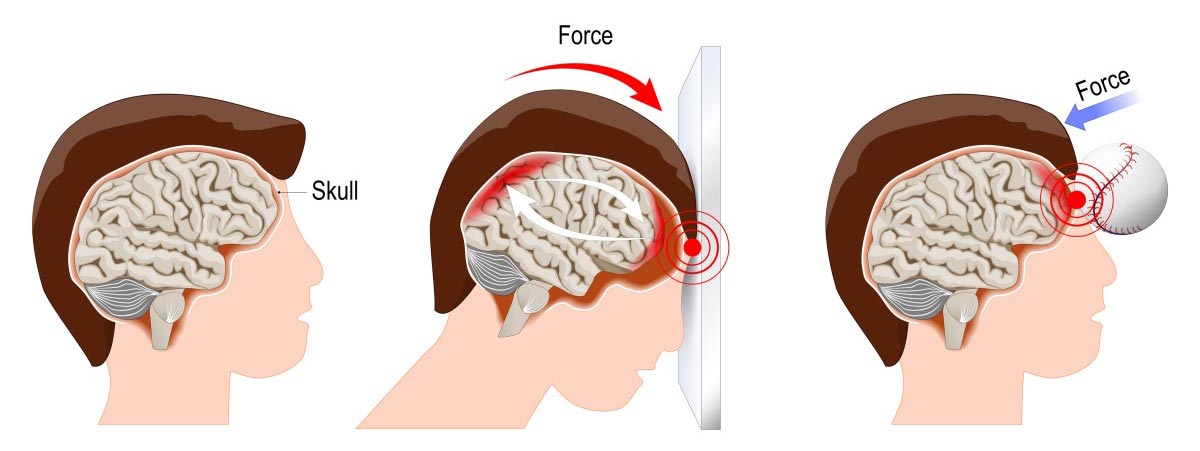Subscribe to out newsletter today to receive latest news administrate cost effective for tactical data.
5/352, Sector-5, Jankipuram Extension, Lucknow
Shopping cart
- Phone:+917307797841
- Email:draloksrivastava07@gmail.com
- 5/352, Sector-5, Jankipuram Extension, Lucknow



